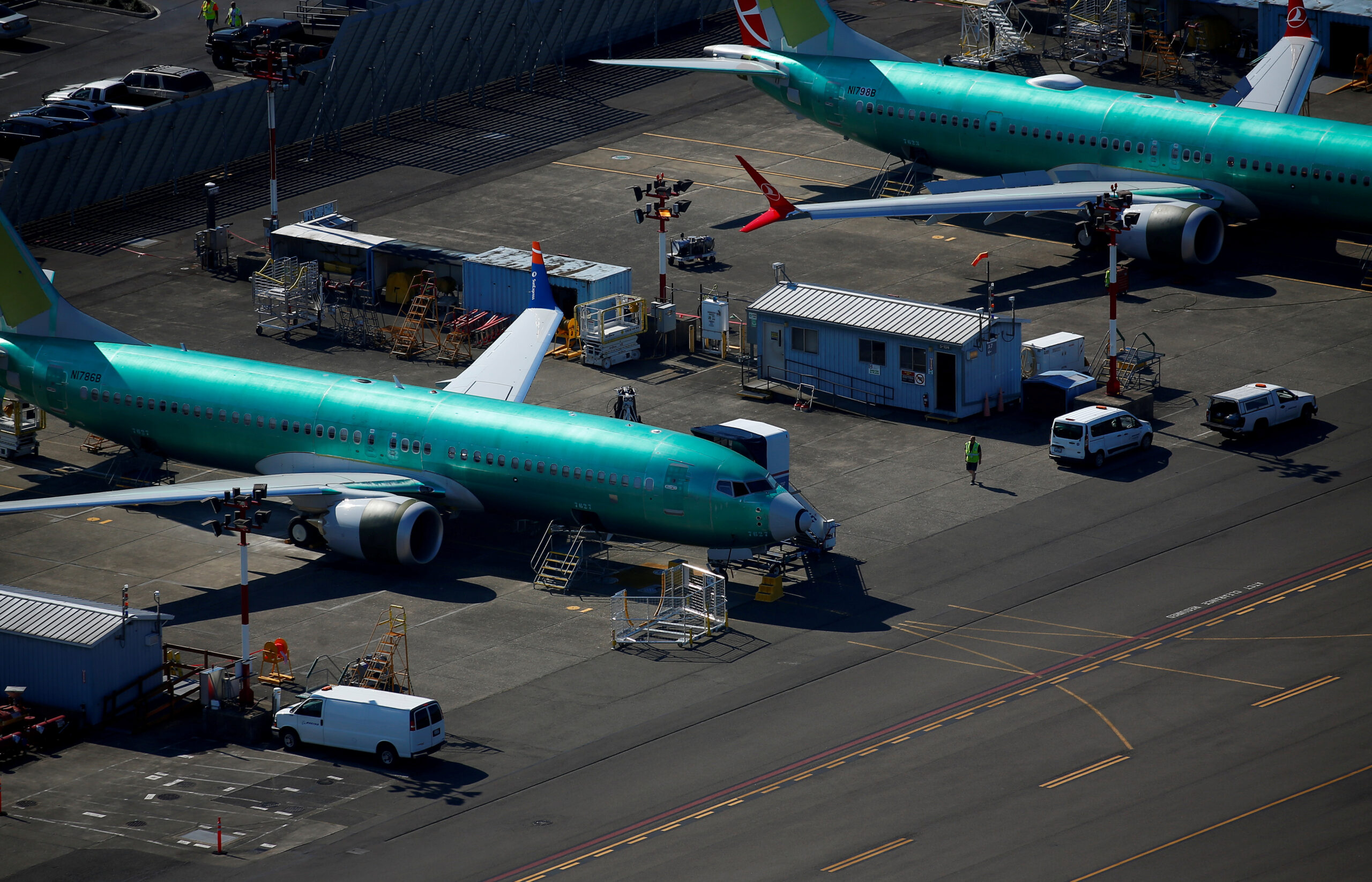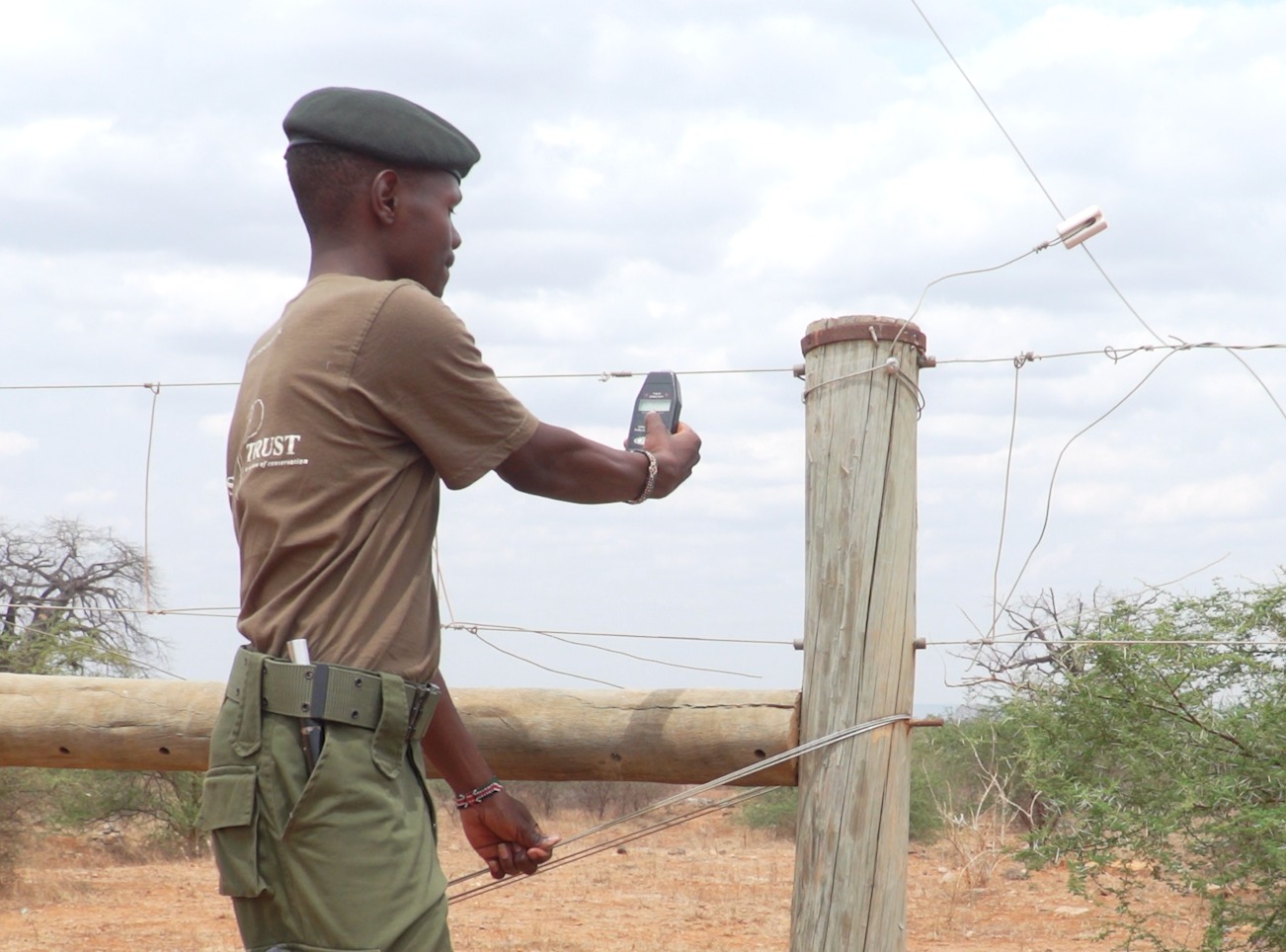
COVID-19: Governments offer financial lifelines to airlines at a price
Coronavirus has left a trail of shattered airlines which are now counting the cost of government support as politicians in the United States and New Zealand set out conditions for bailouts needed to absorb the shock of the pandemic.

Conditions include conversion of loans to government equity stakes, with Air New Zealand Ltd’s bailout also dependent on suspending its dividend and paying interest rates of 7% to 9%, while U.S. airlines cannot increase executive pay or provide “golden parachutes” for two years.
New Zealand on Friday offered its national carrier a NZ$900 million ($510 million) lifeline, which Finance Minister Grant Robertson said would help it survive after the government banned all non-resident arrivals to the country.
“That puts us in a very good position over the next several months,” Air New Zealand chief executive Greg Foran told reporters of the loan, which it will not draw down immediately. “We would expect the airline industry will look different at the end of this. Not all airlines are going to survive.”
Under the $58 billion U.S. proposal for passenger and cargo carriers, the U.S. Treasury Department could receive warrants, stock options, or stock as a condition of government assistance in order for the government to participate in gains and be compensated for risks.
“We are not bailing out the airlines or other industries – period,” U.S. Senate Appropriations Committee Chairman Richard Shelby said in a statement. “Instead, we are allowing the Treasury Secretary to make or guarantee collateralized loans to industries whose operations the coronavirus outbreak has jeopardized.”
Norway will back airlines with credit guarantees worth up to 6 billion Norwegian crowns ($537 million), half of it to Norwegian Air Shuttle ASA , but conditions include raising money from commercial lenders and the equity market.
The International Air Transport Association (IATA) has forecast the industry will need up to $200 billion of state support, piling pressure on governments facing demands from all quarters and a rapid worsening in public finances as economies slump.
Even with financial assistance, airlines around the world are placing thousands of workers on unpaid leave, deepening the shocks to local economies.






